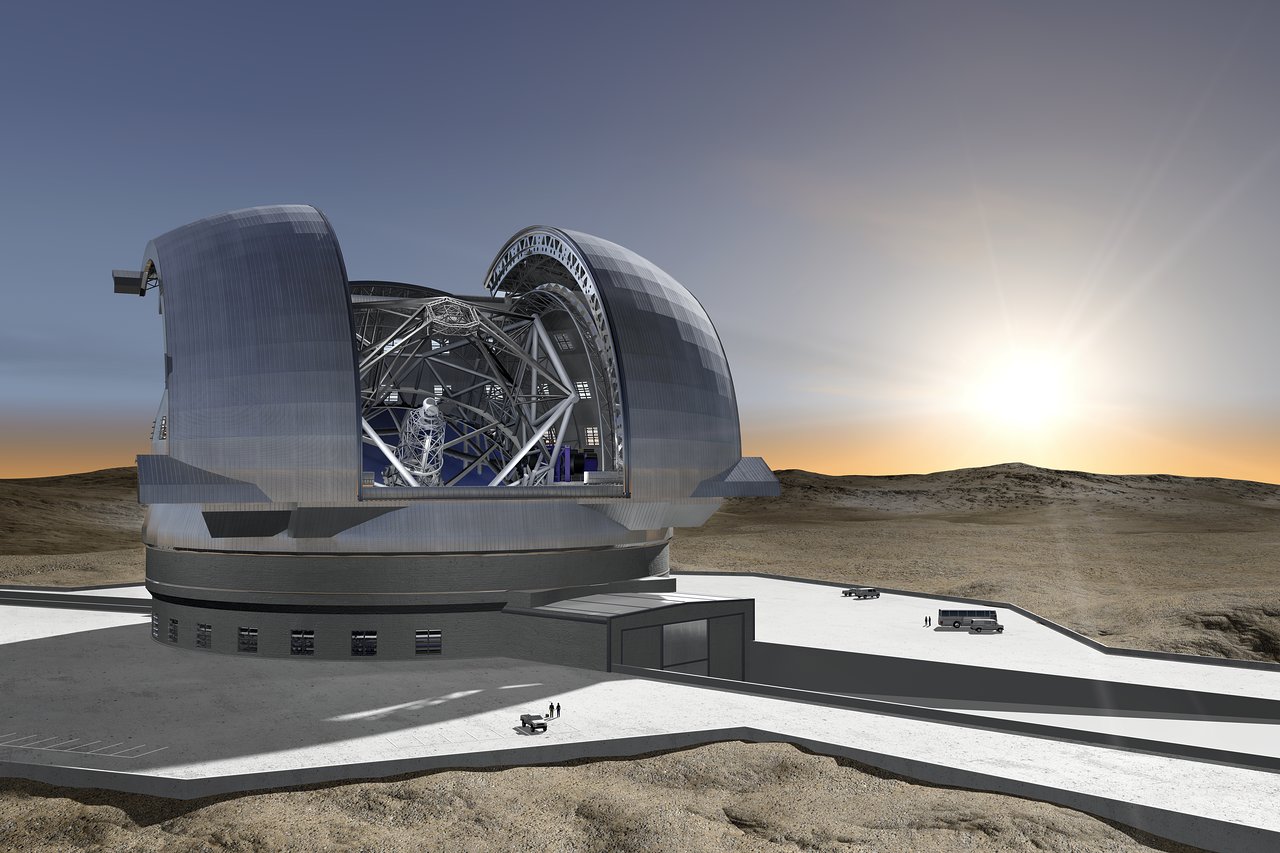
The Royal Astronomical Society believes that changes to UK funding of research and development, and the loss of EU funding after Brexit, are a serious threat to curiosity-driven research in astronomy and geophysics.
Founded in 1820, the RAS encourages and promotes the study of astronomy, solar-system science, geophysics and closely related branches of science. The Society has a membership of more than 4,000, based in the UK and around the world, and is the leading scientific society for these disciplines.
Recent government guidance on possible scenarios after Brexit has made clear that the Government aspires to reach a comprehensive agreement with the EU covering science. The same guidance acknowledges the risks associated with a ‘no deal’ Brexit, and describes the immediate impact on research taking place in collaboration with partners in other EU countries. Whether there is a deal or not, Brexit undoubtedly poses a significant challenge for scientists engaged in fundamental research.
For example, if the UK is not a member of Horizon Europe, the ninth EU Framework Programme covering science and innovation, scientists here will lose access to a fund set to be worth around €100 billion (£89 billion). In the case of a no deal Brexit, access to existing funding from the current Framework Programme, Horizon 2020, will be curtailed. Though the UK government has promised to guarantee the same level of financial support for research groups here, this would not extend to their European partners, thus immediately jeopardising these collaborations.
Astronomers and geophysicists have been particularly good at accessing EU funding, in particular from the European Research Council, as well as in other parts of Horizon 2020. This amounts to around 30% of resource funding for UK astronomy and space science, so if lost it will likely threaten the viability of a similar proportion of research groups. This, together with reduced influence in Europe, could seriously diminish the international standing of the UK in science.
The new Industrial Strategy rightly makes the case that the UK economy, now and especially in the future, depends heavily on applied or near market research and development. Such research should be strongly supported by government and by industry if we are to maintain and advance our industry and commerce to the benefit of the UK as a whole. The RAS also welcomes the commitment to raise UK investment in R&D to 2.4% of GDP by 2030.
What is missing, though, is targeted support for curiosity-driven research and recognition of its vital role within the research and development ecosystem. Core research grant funding in both STFC and NERC, the two research councils responsible for astronomy and geophysics under the UKRI umbrella, has been flat in cash terms since 2010. These are resources allocated by peer review, and for the past two decades led to research with a high international impact, with the UK consistently ranked second or third in the world in astronomy and geophysics.
Historical and more recent examples (many outlined by the RAS in a series of publications) show the long-term benefits of this fundamental research beyond excellence in scientific output. Einstein’s theory of General Relativity, published in 1915, enabled satellite navigation to operate from the 1990s, and Norman Lockyer’s 1868 discovery of helium in the Sun enabled the development of superconducting magnets, and MRI in the 1980s. Technology developed by astronomers enabled Wi-Fi, now so ubiquitous in domestic and commercial settings, and airport scanners developed out of work in the submillimetre band of the spectrum.
The training of PhD students in fundamental research itself also has a significant impact on the wider economy. Students following these programmes develop high-level skills and an ability to solve complex problems. A large majority move into careers outside of research and apply their talents to sectors including finance, aerospace and teaching. Astronomy and space in particular are recognised as ‘STEM attractors’, encouraging young people to consider careers in science and engineering in general.
The Society believes the inherent strength of the UK in astronomy and geophysics, and the wider benefits that accrue from this, are now at risk. It calls on the UK government to act by giving fundamental research a fair share of the planned growth in R&D investment, augmenting the UK’s international reputation and ensuring that this pillar of the research ecosystem – fundamental research in astronomy and geophysics - remains in place.

